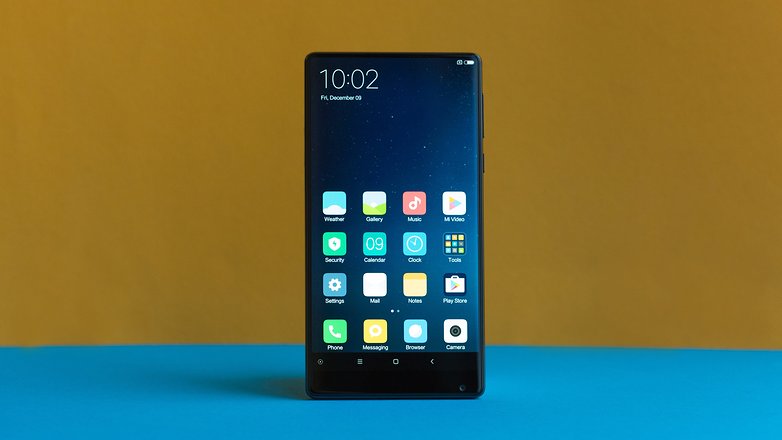A year after buying 1,500 patents from Microsoft, Xiaomi is looking into some other technologies. Nokia has announced that it has entered into a wide-ranging patent licensing and purchase deal with Xiaomi, the Chinese maker of smartphones, wearables, and other hardware, which will also become a customer of Nokia’s for networking equipment.
The deal covers three main areas: Nokia and Xiaomi have inked a cross-licensing deal covering cellular standard-essential patents; Xiaomi has acquired unspecified patents from Nokia, and Nokia will provide network equipment to Xiaomi and will collaborate on building IP transport solutions.
“As a company seeking to deliver more exciting technological innovations to the world, we are excited at the opportunity to work more closely with Nokia in the future,” said Lei Jun, chairman, and CEO of Xiaomi, in a statement. “Xiaomi is committed to building sustainable, long-term partnerships with global technology leaders. Our collaboration with Nokia will enable us to tap on its leadership in building large, high-performance networks and formidable strength in software and services, as we seek to create even more remarkable products.
We’ve asked, and both Nokia and Xiaomi have declined to provide further detail on which patents Xiaomi has acquired, or any of the financial terms of the deal.
It’s also not clear how and if the Nokia patents are related to those Xiaomi purchased from Microsoft: if you recall, Microsoft and Nokia were once close partners, and then Microsoft acquired Nokia’s handset business, before eventually winding that disastrous venture down.
The news points to a couple of ongoing stories in the technology world. For starters, it’s a mark of how patents and the wielding of them continues to sway larger business movements in the industry.
In May, Nokia and Apple settled a long-running patent dispute that threatened to disrupt Nokia’s wearables business and more. The value of these deals is often not made public, but it is not negligible: documents once revealed that licensing deals between Samsung and Microsoft are worth $1 billion a year.
Another interesting theme in patent disputes lies in how they are used as leverage for bigger business deals.
In the case of Xiaomi and Nokia, Xiaomi will become a customer of Nokia’s for network equipment — specifically “network infrastructure equipment designed to deliver the high capacity, low power requirements expected by large web providers and datacenter operators” and “optical transport solutions for datacenter interconnect, IP Routing based on Nokia’s newly announced FP4 network processor, and a data center fabric solution.”
IoT, notably, has been a focus for both companies. Xiaomi says that its Mi IoT platform now has more than 60 million connected devices on it, with over 8 million daily active connected devices.
The fact that Xiaomi is in 30 countries but has never launched direct sales of handsets in the U.S. — focusing instead on accessories and so on, and selling actual devices in China, India and select other markets — has been a hindrance to that bigger potential. So it’s natural to wonder if deals like this could help pave the way for that kind of expansion.
“This is a really significant milestone that will take us further,” a spokesperson. “Sustainable and long term agreements with partners like Nokia lay the ground for global expansion.”

